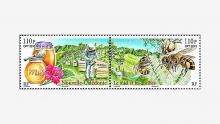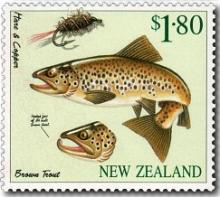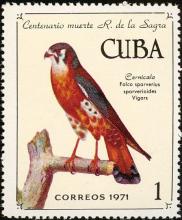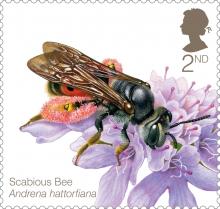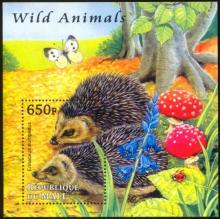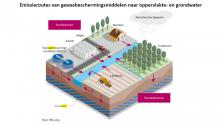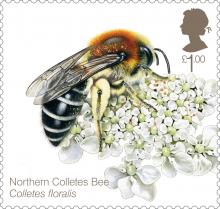WUR als spreekbuis van Bayer en Syngenta
- Lees meer over WUR als spreekbuis van Bayer en Syngenta
- Login om te reageren
In de jaren negentig kregen universiteiten het credo van de marktwerking opgelegd. De overheid bepaalde dat wetenschappelijk onderzoek niet langer alleen uit publieke middelen moest worden gefinancierd, maar voortaan ook deels met extern geld. Dat betekende dat universiteiten de boer op moesten. Voor Wageningse onderzoekers betekende dat het begin van een innige samenwerking met chemiegiganten.

